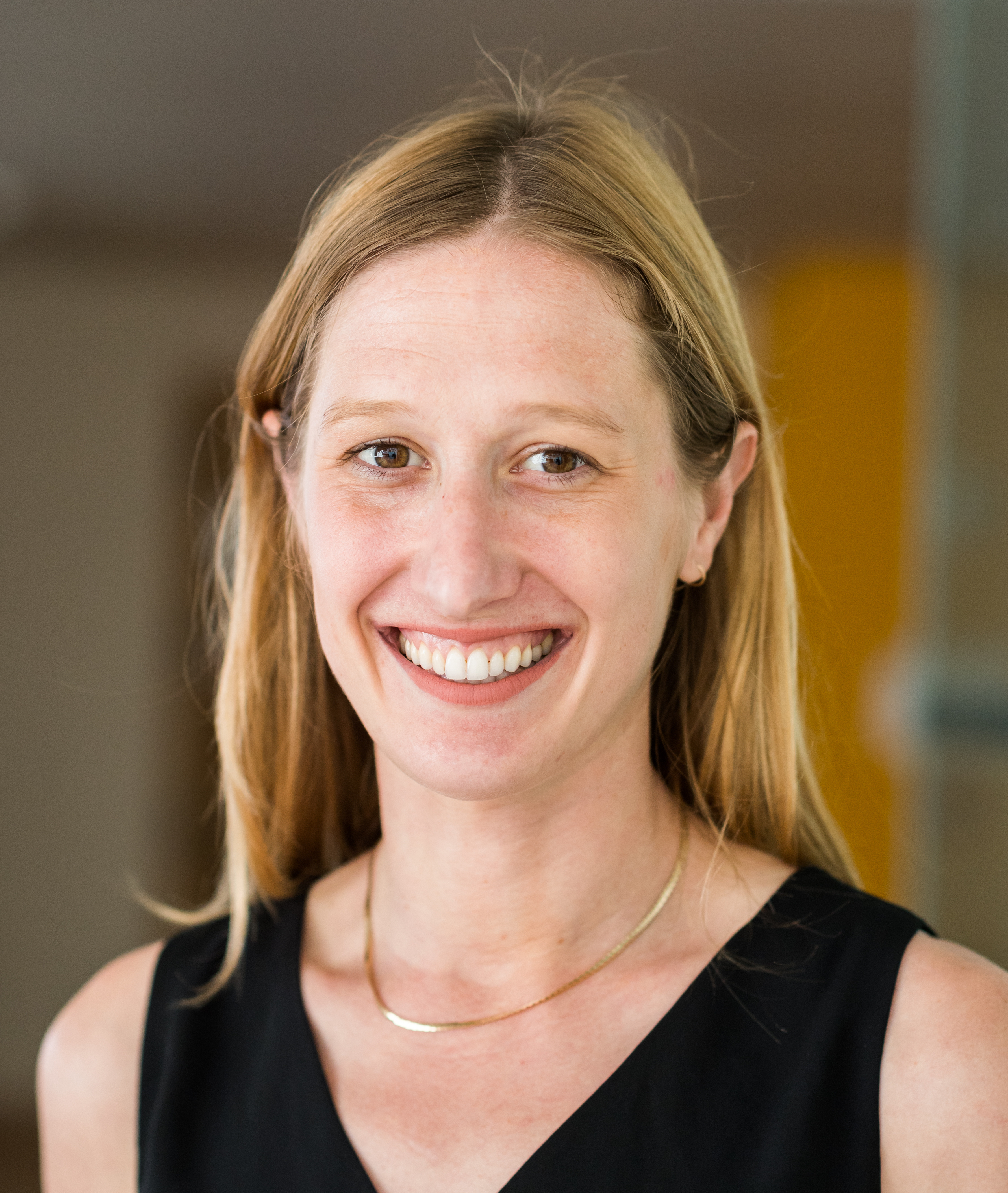Research
Pursuing long-term goals requires sustained effort. We try to raise our children to persist in the face of challenges but motivating hard work when rewards are sparse and infrequent can be difficult. Moreover, children neither can nor should work hard at everything all the time. I am interested in how we learn to allocate effort and the factors that affect persistence in early childhood.
Using tools from cognitive science and developmental psychology, I explore how children’s effort allocation is informed by external factors (e.g., parenting practices, task difficulty, systemic inequality), internal factors (e.g., beliefs about the self and others, emotions, cognitive abilities), and the interplay between the two. My ultimate goal is to build theories of learning and motivation that can be applied to improving children’s academic and life outcomes.
For up to date information on my research, please visit the Leonard Learning Lab webiste.
